Internet Censorship Finally Gets its Own Error HTTP Status Code 451
The Internet Engineering Steering Group, which is responsible for technical management of IETF activities and the Internet standards process, has approved the HTTP Status Code 451 (“Unavailable For Legal Reasons“) for use on websites / servers that have been blocked by a legal demand.
The idea was first formally proposed all the way back in 2012 (here), although at the time there wasn’t as much demand for it and some felt as if the measure was unnecessary because it could technically, with some tweaking, be covered as part of the existing 403 “Forbidden” status code (e.g. this usually shows on sites when a directory or page is closed to public access by an admin, such as for maintenance or security reasons).
Since then the amount of websites and web-pages that have been restricted as a result of legal demands, such as when UK ISPs were told by the High Court in London to block The Pirate Bay or when websites are similarly requested to remove certain pages, has increased significantly and so too has support for the proposed HTTP Status Code 451.
451’s Description
This document specifies a Hypertext Transfer Protocol (HTTP) status code for use when a server operator has received a legal demand to deny access to a resource or to a set of resources which includes the requested resource.
This status code can be used to provide transparency in circumstances where issues of law or public policy affect server operations. This transparency may be beneficial both to these operators and to end users.
The 451 code, which is inspired by the author Ray Bradbury and his 1953 dystopian novel Fahrenheit 451, was originally proposed by former Google developer Tim Bray.
Ideally the new code wouldn’t just return the text “Unavailable for Legal Reasons“, but it might also confirm who / which organisation requested the block and then possibly even how to attempt circumvention (e.g. VPN, Proxy Server). On the other hand it’s still possible that a legal authority might seek to avoid transparency and require that the demand not be disclosed (e.g. China).
Equally there may still be some grey areas for the status, such as when an ISP has blocked a legal “adult” website as part of network-level filtering (Parental Controls). On the other hand it may also make it easier for organisations to track which websites are being restricted by trawling the Internet for pages that return the 451 code.
Mark is a professional technology writer, IT consultant and computer engineer from Dorset (England), he also founded ISPreview in 1999 and enjoys analysing the latest telecoms and broadband developments. Find me on X (Twitter), Mastodon, Facebook and Linkedin.
« BT TV Becomes First UK Pay TV Service to Offer Netflix in Ultra HD
Latest UK ISP News
- FTTP (5511)
- BT (3514)
- Politics (2535)
- Openreach (2296)
- Business (2260)
- Building Digital UK (2243)
- FTTC (2042)
- Mobile Broadband (1972)
- Statistics (1788)
- 4G (1663)
- Virgin Media (1619)
- Ofcom Regulation (1460)
- Fibre Optic (1393)
- Wireless Internet (1389)
- FTTH (1381)

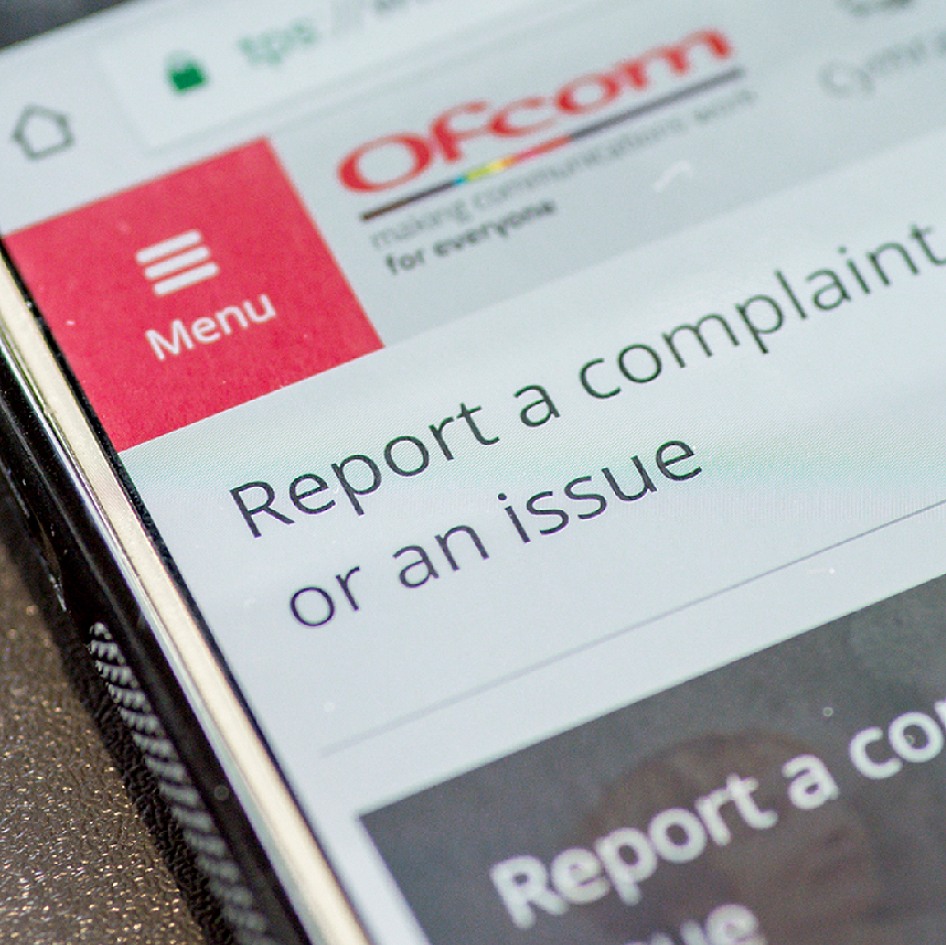

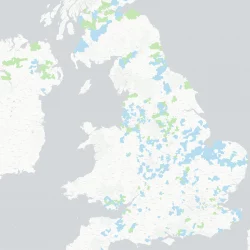
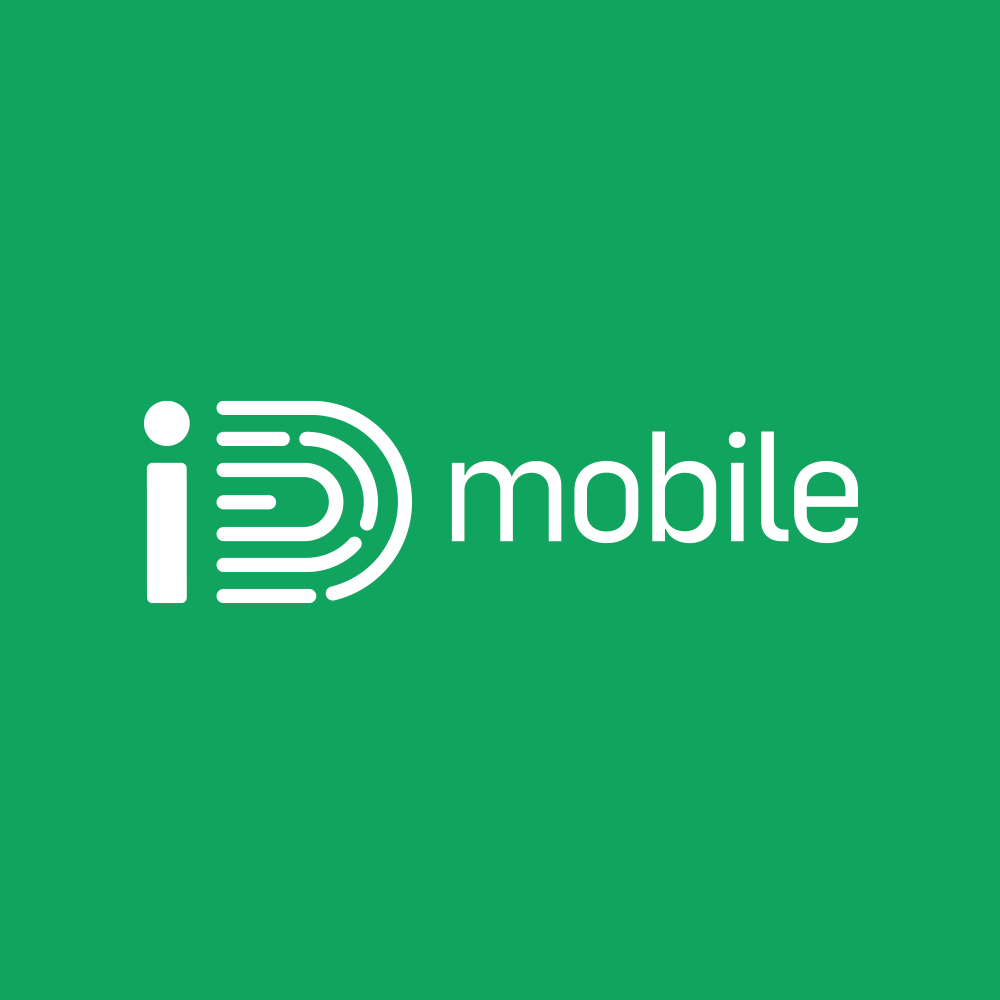













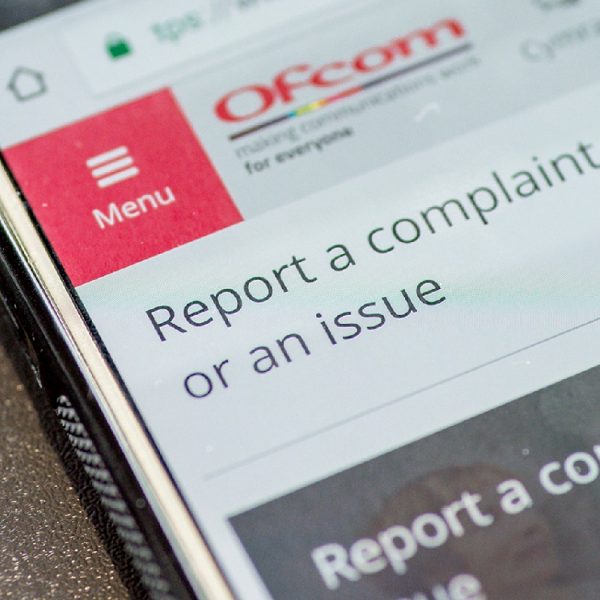

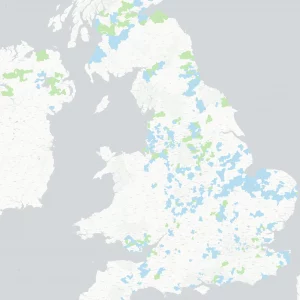
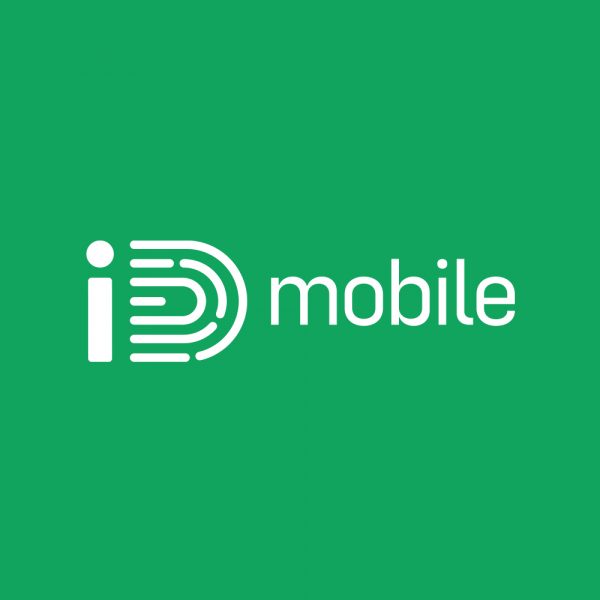


































Comments are closed